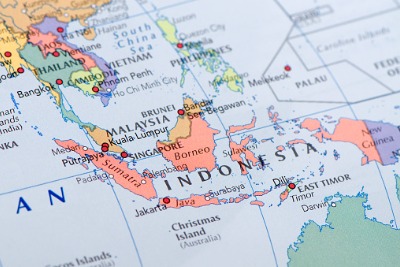
The Economic Power of Halal Certification in Southeast Asia: What You Need to Know
Halal in Southeast Asia is more than a compliance label—it is a lifestyle and an economic powerhouse. From street food stalls to luxury cosmetics and corporate boardrooms, Halal influences what people eat, apply, and trade. With countries like Indonesia, Malaysia, Brunei, Vietnam, the Philippines, Singapore, and Thailand leading the way—and Indonesia and Malaysia recognized globally as Halal pioneers—certification has become central to both daily life and international business. This article explores why Halal certification matters in Southeast Asia, how it supports economic growth, and why businesses cannot afford to ignore it.
What Is Halal Certification?
Halal certification ensures that food, beverages, cosmetics, and daily consumer products comply with Islamic dietary laws. “Halal” means lawful or permissible, which excludes ingredients such as pork, alcohol, or meat not slaughtered according to Halal standards. Accredited authorities conduct rigorous audits, inspecting everything from raw material sources to staff training and hygiene protocols. These checks prevent contamination and uphold integrity across the supply chain. Only after meeting these requirements can a product carry the Halal logo—an assurance of trust for millions of consumers.

Why Is It Important? Does It Impact Market Access, Consumer Trust, & Economic Growth?
With one of the world’s largest Muslim populations, Southeast Asia has made Halal certification a necessity rather than an option. Its importance can be summarized in four key areas:
-
Market Access – In countries like Malaysia and Indonesia, many retailers, restaurants, and government contracts require Halal-certified products.
-
Consumer Trust – The Halal logo goes beyond religious compliance; it symbolizes safety, cleanliness, and ethical sourcing.
-
Economic Growth – Governments actively promote the Halal sector as a driver of exports, investment, and tourism.
-
Brand Recognition – Certification helps brands stand out in competitive markets and expand their global reach.
Steps to Certification
Businesses entering Southeast Asia’s Halal market must follow a structured process:
- Select a credible Halal body with global recognition like Islamic Services of America (ISA).
- Submit applications and documentation covering ingredients, processes, and suppliers.
- Undergo facility audits to verify hygiene, staff training, and compliance with Halal standards.
- Maintain certification by renewing every one to two years.

This process ensures ongoing compliance and builds long-term consumer confidence.
Global Partnerships
Internationally recognized organizations like Islamic Services of America (ISA) play a vital role in strengthening Halal trade. Accepted by JAKIM (Malaysia), BPJPH (Indonesia), and MUIS (Singapore), and accredited by GAC (UAE), ISA works closely with governments to ensure cross-border recognition. Such partnerships enhance exports, attract investment, and reinforce consumer trust across Southeast Asia and beyond.
Forming A Halal Hub
Southeast Asia has become one of the world’s most vibrant Halal hubs. Malaysia and Indonesia lead with Halal tourism and cosmetics, while Thailand and Brunei expand exports through Halal parks and trade agreements. Certification not only opens doors to international markets but also supports sustainable growth and consumer trust. For governments, Halal certification is a pillar of economic development. For businesses, it is a gateway to consumer loyalty and export opportunities. Most importantly, in a region where Halal consumption is a way of life, certification is not optional — it is essential.
Islamic Services of America (ISA) is a leading USA based Halal certification and auditing organization serving companies, the community, and the Halal certification industry for over 50 years. Contact ISA at isa@isahalal.com or send your initial inquiry to Halal certify your products at https://www.isahalal.com/contact or visit the ISA website for more information at https://www.isahalal.com/. All images used on our website are exclusively licensed from www.istock.com. Any false claims regarding the ownership of these images will result in legal action and prosecution.